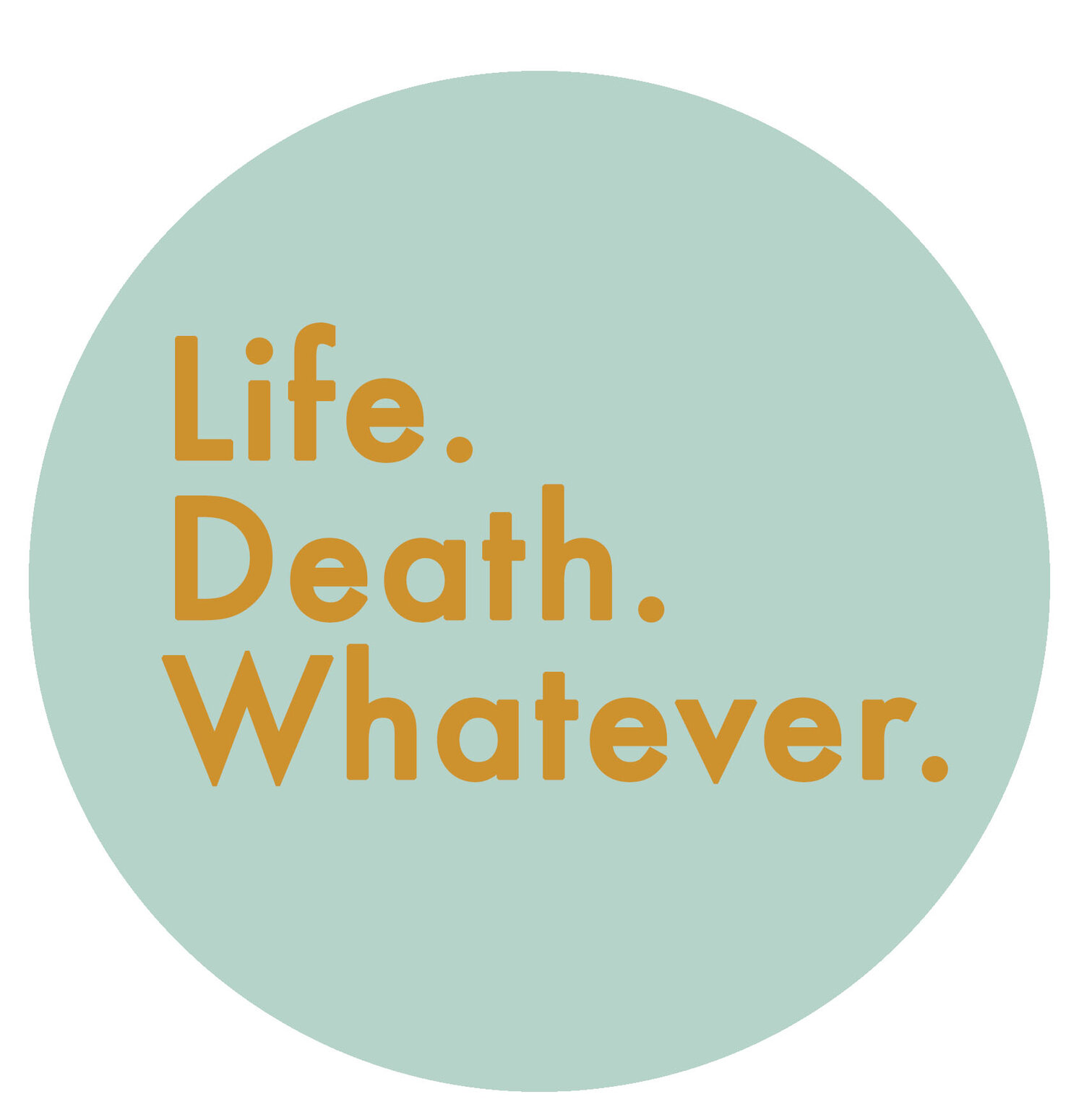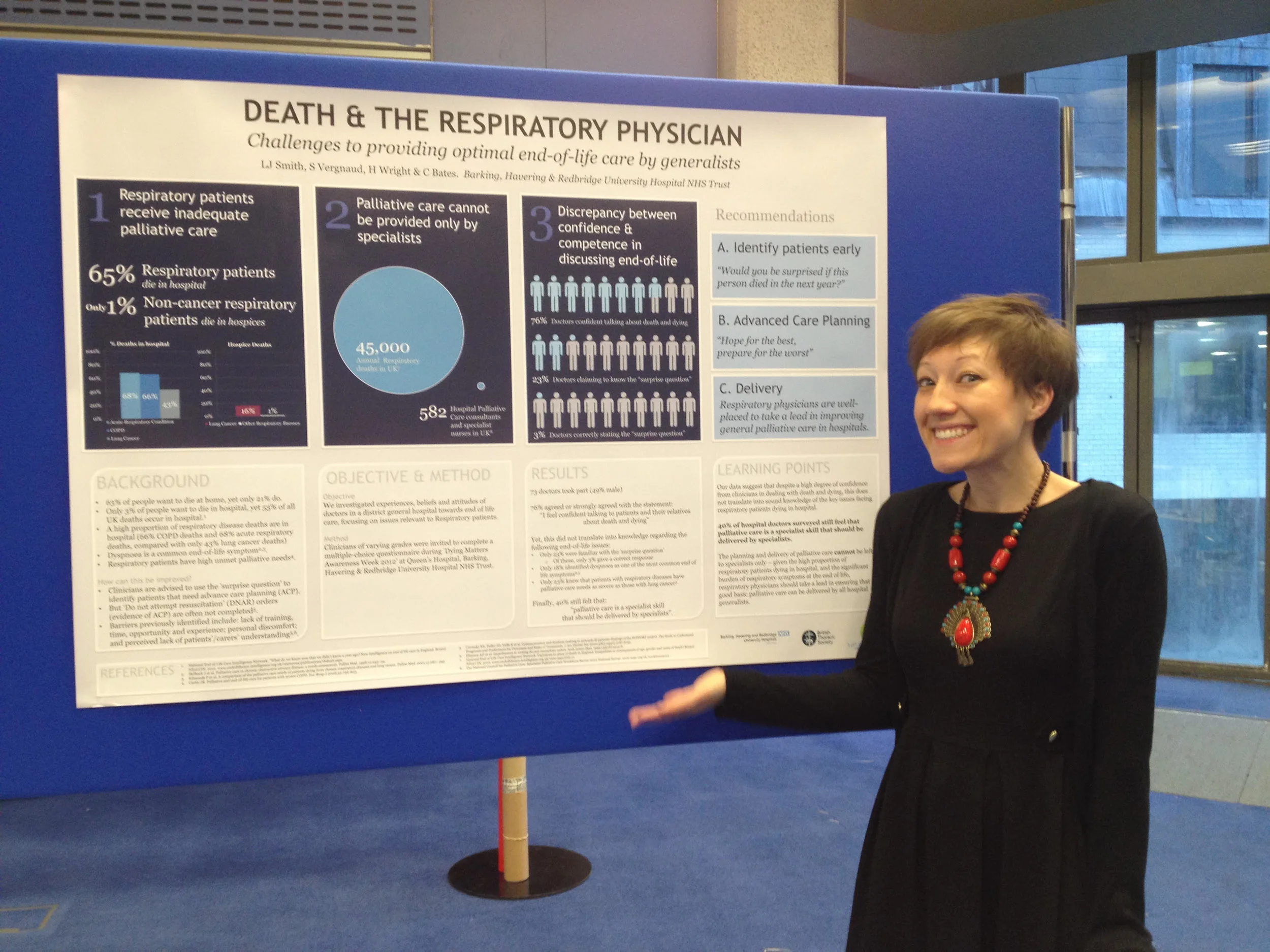1. Being around, talking about and thinking about death does not bring it closer, and can be life-affirming and liberating. Not sure how to get started? Come and join a Death Cafe or similar event.
2. Few of us will die at the time of our choosing, and planning ahead (whatever your age) eases the pain for those left behind. Advance directives, organ donation registration and wills are gifts to the grieving.
3. Healthcare professionals can help patients plan for the future but someone needs to start the conversation. Doctors may not broach the subject for fear of upsetting you, but you can and should bring it up any time you like.
4. Modern healthcare is set up to always give more treatment. Towards the end of life this is not always the right thing to do, but it can be hard for both doctors and patients to press pause. Think about what you value most and keep this in mind whenever a new treatment is offered. And remember that saying no to treatment does not mean saying no to care. We in the NHS will be right alongside you to the end.
5. People’s deaths reflect their personalities just as much as their lives. This is how it should be. Even in a hospital personal, quirky and bizarre requests can be met - always ask!
Dr Laura Jane Smith is a Respiratory Consultant working in the NHS in London. Her job makes her think a lot – about people, life, death, inequality and how things could be better. She regularly blogs about her work.
@drlaurajane


